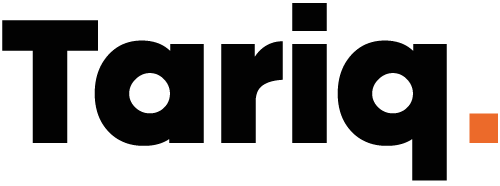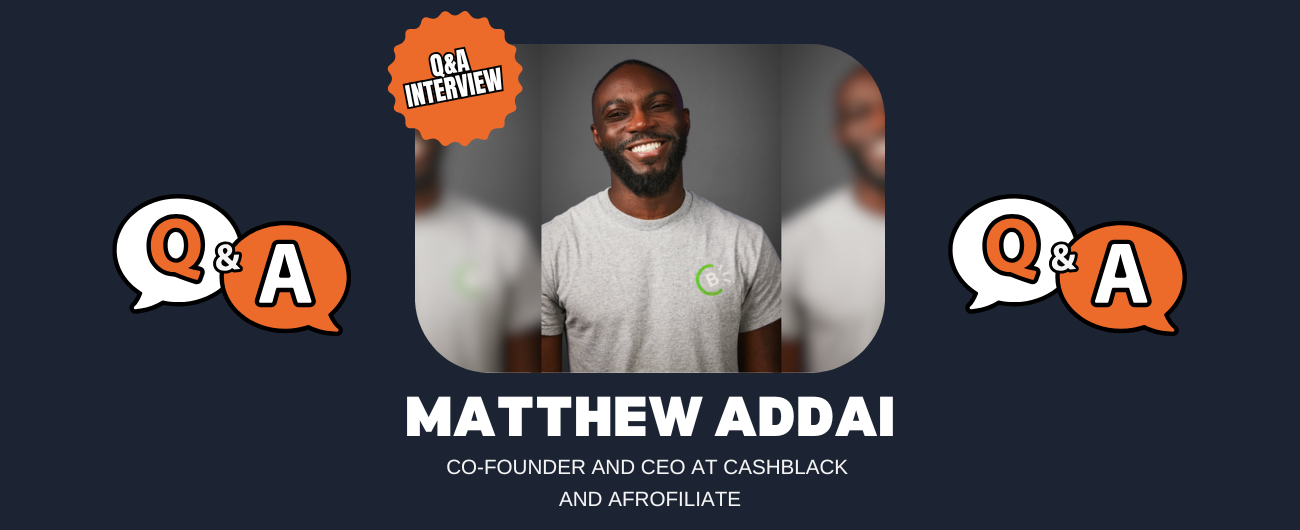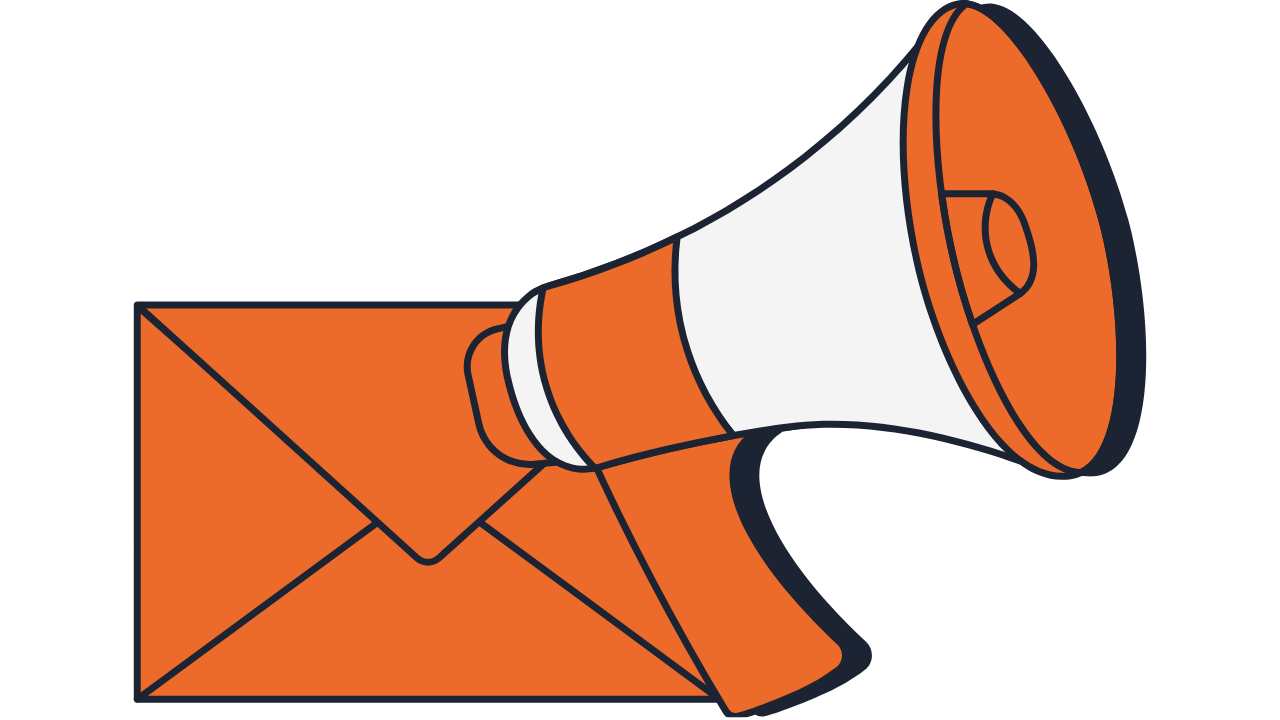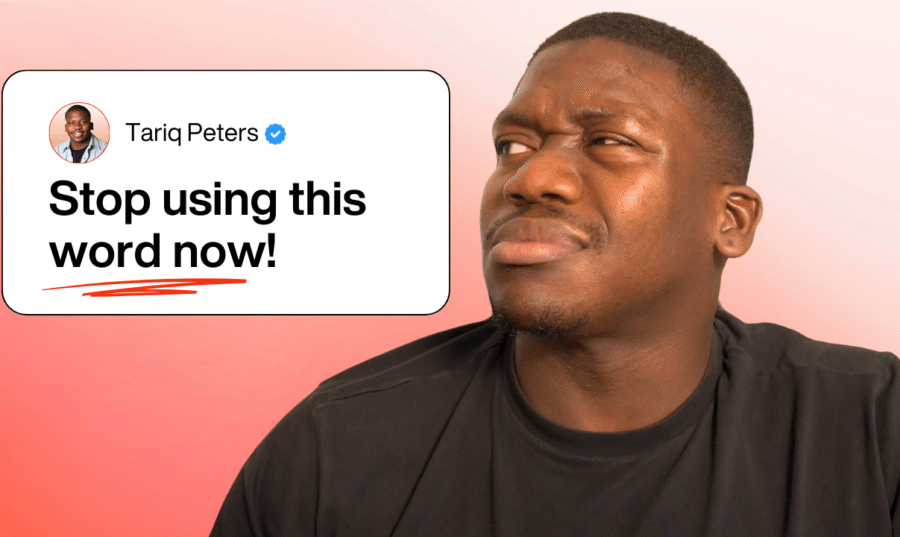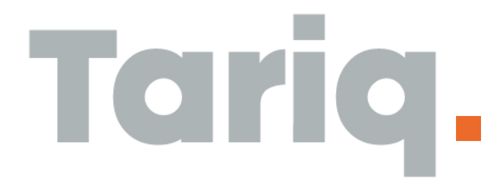When most people think of cashback platforms, they picture big tech companies offering small savings in return for their loyalty. But for entrepreneur and former hedge fund trader Matthew Addai, the concept held far more potential.
After stepping away from a high-paying role in finance, he used the time to question the systems that shape our economies and societies and to build something that could challenge them.
The result was Cashblack, a platform designed to promote economic equality and empower Black-owned businesses by incentivising consumers to support them through a cashback rewards program. What began as a sabbatical project soon evolved into a bold mission: to close the racial wealth gap through tech, data and everyday shopping habits.
In this interview, Matthew shares how he went from betting on football matches to betting on purpose-led entrepreneurship, the highs and lows of building a tech company without a technical background, and what it really takes to lead a startup that puts impact before profit.
“While the world was waking up, I was already studying why inequality exists, especially how racism plays out economically.”
What sparked the idea for Cashblack? It’s the first time I’ve seen a cashback platform developed specifically for the Black community.
Thanks. I appreciate that. To give you the full picture, I’ll take it back a bit. My most recent role was as a senior trader at a hedge fund that specialised in sports betting. It was a dream job: I was literally paid to gamble on football and got a salary regardless of whether I won or lost. Just saying I was a hedge fund trader turned heads.
That all came to an end in 2019 when the company was bought out by a cryptocurrency platform. I was made redundant and spent the next year trading independently using my own money, doing the same thing, but something in me shifted. I started asking: Is this really what I want to do long-term?
So in 2020, I took time out for what I call a sabbatical. A full-on deep dive into how the world works. I taught myself everything I didn’t learn about in school: history, macroeconomics, social systems, the works.
Then the pandemic hit. A recession followed. And of course, the global anti-racism movement erupted. While the world was waking up, I was already studying why inequality exists, especially how racism plays out economically. I noticed a direct link between the lack of support for Black communities and the lack of support for Black-owned businesses.
That’s when the idea formed: what if we could incentivise people to shop at Black-owned businesses and then have those same businesses reward their customers? My brothers and I started exploring a cashback model and from a simple play on words, Cashblack was born.
That’s powerful. How has your desire to create social impact shaped the way you run Cashblack today?
Massively. At first, we thought Cashblack would be a basic WordPress site. But very quickly we realised we needed something more robust. Cashback platforms rely on affiliate networks, but when we reached out to those networks asking for a list of Black-owned brands, we were met with apologies and blank stares.
This was 2020, the “Black square” summer, when companies were publicly pledging support. Yet none of them had the data. So we decided: let’s build our own affiliate network.
That’s how Afrofiliate came to life, our second company. It connects Black-owned businesses with content creators, media platforms and affiliate marketers. It’s about turning loyal customers into brand ambassadors, helping people earn income by supporting Black-owned businesses.
Everything we do is rooted in social impact. It’s not just what we do, it’s how we operate day to day. We’re not just a company. We’re part of the solution.
Join the £1M Visibility Blueprint
Weekly insights from my £1M personal brand journey. Strategy, visibility systems and earned media plays you can use now.
Did the timing influence your decision to launch when you did?
Definitely. Like a lot of people, I was already exploring business ideas during that period. I had this entire note filled with concepts. Some of them I’ve since seen appear on Dragon’s Den or Shark Tank.
That moment gave us a sense of urgency and focus. There was so much conversation, public statements, corporate apologies, but I’ve always believed talk is cheap. I saw an opportunity to build something that actually created change.
To be fair, some of the big companies really did back it and continue to do so. We’re proud to partner with Amazon, eBay and Etsy, hosting their independent Black-owned sellers. We also work with Deliveroo, Uber Eats and Just Eat, promoting Black-owned food vendors.
But we didn’t want to rely on those statements being sustained. We built something real just in case the world moved on.
“Handing your vision to someone else and hoping they build what you imagined? It’s terrifying.”
How do you help shift consumer behaviour and influence long-term community wealth?
That’s a great question, and it’s something we’ve been thinking about deeply. One thing we learned is that Black people prefer in-person experiences. We’re social by nature. We love to connect, to show up, to engage in real life.
So we’re launching Cashblack Brick & Mortar, a new initiative that uses open banking technology. Members will be able to link their debit or credit card to earn cashback at physical Black-owned businesses: barbershops, salons, restaurants, grocery stores, and any black owned business that accepts debit or credit cards in real life.
That’s on top of our online platform. And we’re also rolling out in-person Cashblack IRL events, pop-up markets where people can shop from vendors and get paid cashback on site. It’s about creating a full-circle ecosystem. Online and offline. Digital and physical. All focused on reinvesting in the community.
What’s been your experience balancing purpose and profit as a social entrepreneur?
Honestly? It’s hard. Really hard.
We started this as a social enterprise. I had enough personal savings at the time not to worry about profitability. I didn’t care if it made money. I cared if it made an impact. If the culture wins, the company wins. That’s always been our mantra.
But of course, as time goes on, you realise sustainability matters. You can’t scale impact without resources. So now we’re more focused on revenue, but everything we do is still socially driven. We’ve designed the business in a way that every revenue-generating activity also delivers impact.
Coming from a finance and trading background, which skills translated well and what did you have to unlearn?
That’s a question I get a lot. Truthfully, very little of my trading role applies directly to running Cashblack.
Sure, being a trader is entrepreneurial in the sense that you eat what you kill. You manage your own P&L, but it’s a solitary role. You’re clicking buttons and making money. You’re not building partnerships, pitching, managing a team or leading a mission-driven company.
What did help, though, was the startup environment. The hedge fund I worked at was still early stage, so I saw firsthand how fast-moving and chaotic startups can be. That mindset, the willingness to take risks and figure things out on the fly, has definitely stuck with me.
“If the culture wins, the company wins. That’s always been our mantra.”
What’s been one of the most difficult challenges you’ve faced building this business?
There’s not a day I’m not tested.
The biggest ongoing challenge has been tech. I’m a non-technical founder building a tech company. That’s tough. We’re on development team number six. We’ve been ghosted, overcharged, misled, you name it.
Handing your vision to someone else and hoping they build what you imagined? It’s terrifying. Thankfully, we’re finally in a place where we have more control over the engineering side and we’re pushing to bring all dev in-house.
The other challenge? Partnerships. We rely heavily on other people, whether it’s creators, brands or platforms. And not everyone keeps the same energy they had prior for many reasons. That can be disheartening. But I’ve learned to charge it. No one owes me anything. I signed up for this and I’ll see it through.
Has getting more recognition changed how people respond to the brand?
Funnily enough, the more recognition we get, whether it’s clout, accolades, or awards, the easier certain things become. In January, we were listed in the Startup 100 Index as one of the top 100 most innovative and disruptive startups in the country.
That was a big moment for us. Off the back of it, we started getting more responses. Emails weren’t going to junk folders anymore, and suddenly people were replying. That small shift made a real difference.
In February, we launched Cash Black US during Black History Month, which helped validate the brand in the eyes of our American counterparts. Even though I’ve spent time going back and forth to the States, I assumed things would move faster there, especially with African American culture being so far ahead in certain areas compared to Black British culture. But I still needed tangible wins.
March brought one of those wins when we picked up App of the Year at the Black Tech Achievement Awards. I’d been in the space for five years, and I knew most of the judges personally, so I had a good feeling about it. But still, it meant something. Suddenly, we were getting seen. There was momentum. And that momentum makes everything just a little bit easier.
What keeps you going when it gets tough?
Honestly, I’m a completionist. I don’t start things unless I plan to finish them. I have nothing else. I’ve put everything into this. I can’t go back into finance. I won’t let this fail. It’s bigger than me now.
I’m also doing this with my two younger brothers. They’re my co-founders. If I’m not doing it for me or the wider community, I’m doing it for them. That alone keeps me focused.
“It’s about creating a full-circle ecosystem. Online and offline. Digital and physical. All focused on reinvesting in the community.”
What does “completion” look like for you and Cashblack?
We still have the whiteboard from when we started in 2020. At the top, it says: “Decrease the racial wealth gap.”
That’s the North Star.
In practical terms? Ubiquity. We want Cashblack to be the go-to cashback platform for Black-owned spending both online and offline in the UK, US and eventually across Africa and the Caribbean.
We’ve also built new, powerful tech. Our browser extension (The Cashblack A.F.R.O.B.O.T) is our Algorithm For Redirection Of Black-Owned Traffic. Our browser extension uses AI to learn your shopping habits and redirect you to Black-owned alternatives. If you’re searching for skincare, we’ll suggest a Black-owned brand before you check out at Boots.
That tech can be licensed. Imagine adapting it for other marginalised communities: LGBTQIA+ businesses, women-owned brands and sustainable shopping. It’s all possible. We’re building a data-as-a-service company without even trying.
At scale, we’ll have one of the largest datasets on Black consumer behaviour globally. That’s when it all comes full circle.
What advice would you give to aspiring purpose-led founders, especially those from underrepresented backgrounds?
Start.
You don’t need everything figured out. But you do need to start. People come to me all the time with great ideas and then sit on them. Ideas are nothing without action. You’ve got to get in the game.
Also, put yourself in the room. Go to events, speak to people, and build relationships. Your network won’t build itself.
Lastly, is there a quote or belief that keeps you grounded through it all?
There are a few: “Charge it.” “We move.” “It is what it is.”
But one that really resonates with me now is: “This too shall pass.”
Good or bad, it all passes. Every challenge, every win, every setback, every celebration. I try to remember that. It helps me stay balanced, focused and hungry.
